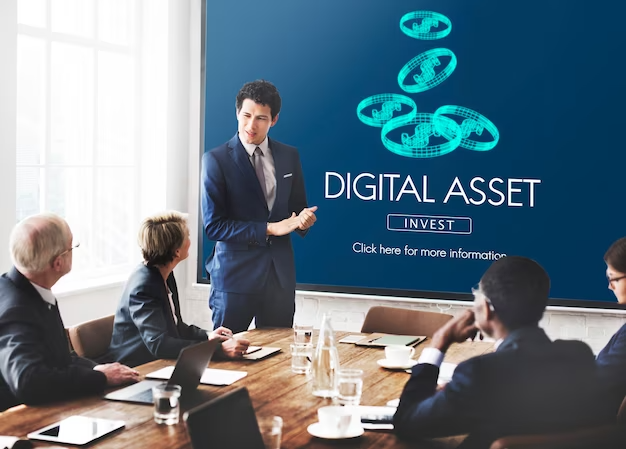
Introduction
In the fast-paced world of event management, digital marketing has become a key driver of success. As event management companies strive to attract attendees, sponsors, and exhibitors, it is crucial to implement effective digital marketing strategies. In this article, we will explore the top 10 digital marketing strategies for event management companies to maximize their online presence, increase event visibility, and drive engagement and registrations.
- Develop an Engaging Event Website:
Create a user-friendly and visually appealing website dedicated to your events. Highlight the key features, agenda, speakers, and registration details. Ensure the website is mobile-responsive and optimized for search engines. Incorporate clear calls-to-action (CTAs) to encourage visitors to register or contact your team for inquiries.
- Implement Search Engine Optimization (SEO):
Optimize your event website and content for search engines to improve organic visibility. Conduct keyword research to identify relevant search terms used by your target audience. Incorporate these keywords in your website’s meta tags, headers, and content. Focus on local SEO if your events are location-specific to attract attendees from the desired area.
- Leverage Content Marketing:
Create compelling content to educate, engage, and attract potential attendees. Develop a content marketing strategy that includes blog articles, guest posts, videos, and infographics. Provide valuable insights, event tips, and industry trends to position your event management company as an authority in the field. Share your content through your website, social media platforms, and industry-related websites.
- Utilize Email Marketing:
Implement targeted email marketing campaigns to nurture leads, promote your events, and encourage registrations. Segment your email list based on interests, industry, or past event participation. Send personalized emails with event updates, early bird offers, speaker highlights, and exclusive discounts. Track email open rates, click-through rates, and conversions to optimize your campaigns.
- Leverage Social Media Marketing:
Utilize social media platforms to engage with your target audience and create a buzz around your events. Develop a strong presence on platforms such as Facebook, LinkedIn, Twitter, and Instagram. Share event updates, speaker announcements, behind-the-scenes glimpses, and attendee testimonials. Run targeted ad campaigns to reach a broader audience and boost event registrations.
- Host Webinars or Online Events:
Incorporate webinars or online events into your digital marketing strategy to showcase your expertise and attract potential attendees. Host informative sessions related to the event’s theme or industry, featuring industry experts or thought leaders. Promote these events through your website, social media, and email marketing campaigns to generate interest and drive registrations.
- Collaborate with Influencers and Industry Experts:
Partner with influencers and industry experts who have a significant following and credibility in your event’s niche. Collaborate on sponsored content, social media takeovers, or live Q&A sessions. Their endorsement and reach can help expand your event’s visibility and attract a wider audience.
- Utilize Paid Advertising:
Invest in paid advertising campaigns to reach a broader audience and drive registrations. Leverage platforms like Google Ads, Facebook Ads, or LinkedIn Ads to target specific demographics, interests, or job titles relevant to your event’s target audience. Create compelling ad copy and visuals to capture attention and drive click-throughs to your event website or registration page.
- Implement Retargeting Strategies:
Implement retargeting techniques to re-engage potential attendees who have shown interest but haven’t registered yet. Use pixel tracking and cookies to display targeted ads to individuals who have visited your event website or landing page. Remind them about the event, highlight key benefits, and offer incentives to encourage registration.

- Analyze and Optimize:
Regularly analyze the performance of your digital marketing efforts using analytics tools. Track website traffic, conversion rates, social media engagement, and email campaign metrics. Use the insights gained to refine your strategies, identify areas for improvement, and optimize your marketing campaigns for maximum impact.
Conclusion
In the competitive landscape of event management, leveraging effective digital marketing strategies is crucial for success. By developing an engaging event website, implementing SEO and content marketing, utilizing email marketing and social media, hosting webinars or online events, collaborating with influencers, utilizing paid advertising, implementing retargeting strategies, and analyzing and optimizing your efforts, event management companies can enhance their online presence, increase event visibility, and drive attendee registrations. Stay innovative, adapt to emerging trends, and engage with your target audience consistently to create successful digital marketing campaigns for your events.
if you are looking one click here, contact us here
Follow us on Instagram
